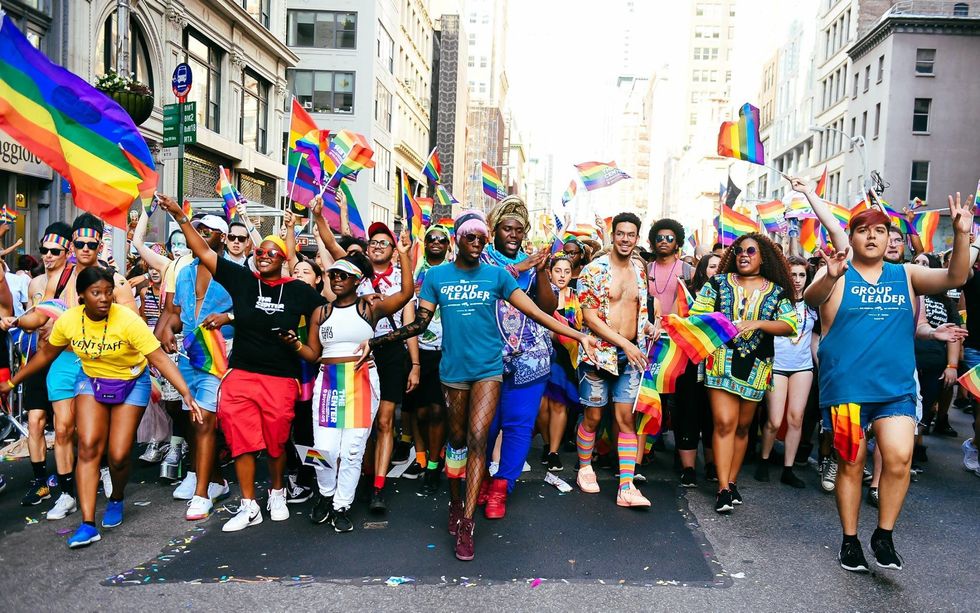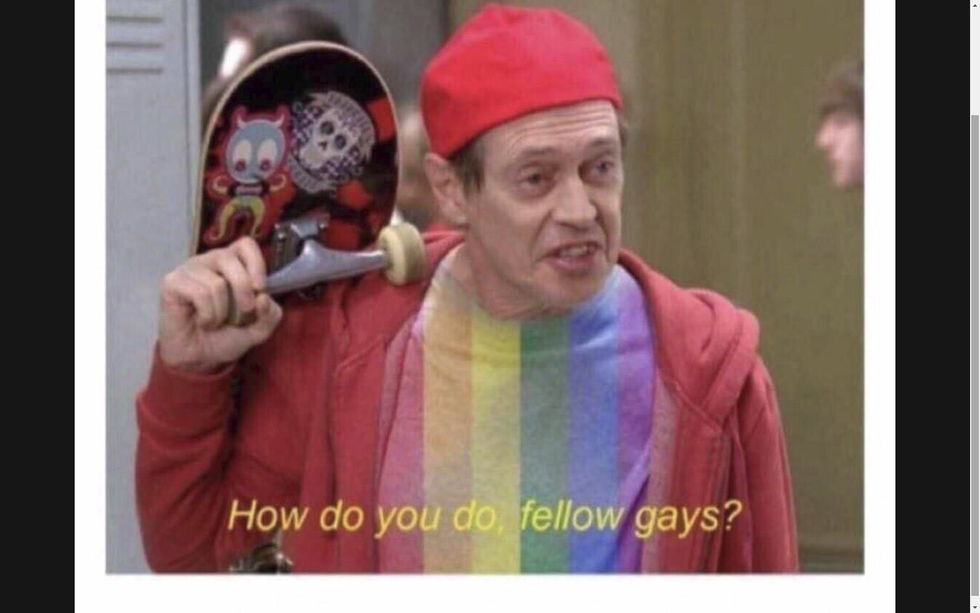Another Pride Month has sashayed into our lives to remind all whom are a part of the LGBTQ+ community to stay true to themselves and brings on a wave rainbow colored everything. Store logos, t-shirts for sports brands, and even McDonalds once had a pride French fry cup and sure all these gestures are very nice for visibility of the LGBTQ+ community; however, for the most part many brands do nothing more than changing a logo for a month. Visibility is only the first bit of t to sip, brands should be expected to do more than to place a ROY G BIV on their logos.
There are exceptions to this trend. Many brands use some of the profits from the sold merchandise to give back to causes that support the mental health and safety of LGBTQ+ youth. From Abercrombie and Fitch to giving proceeds from the sale of their own crewneck sweatshirts to suicide prevention for LGBT+ youth to Apple sending donations to multiple LGBTQ+ advocacy groups. Action to words, or actions to logos seems like a logical transition for support of the community, but sadly many brands continue to use Pride as a marketing tool rather than to uplift the people the month-long celebration was made to serve.
However, there is another problematic aspect of continuing to sell merchandise to go towards LGBTQ+ causes: the people who buy the merchandise are members of the community or allies. So, who is being helped in this circular way of selling products? Members of the community and allies buy merchandise, the profits are split (not evenly) between the brands and whoever the rest of the money is going to be sent to (which is not a lot of money), and some of the proceeds go towards funding causes and groups but never an overwhelming amount. If the LGBTQ+ community is basically funding their own donations, why is there a middle man standing in the way of a larger amount of money to go towards causes?
What about the rest of the year? Though brands do participate in pride for a month, there is nothing stopping brands, besides maybe morals, from discriminating against their LGBTQ+ employees. In 2015 Burger King received a 55 out of 100 on the Corporate Equality Index (a measure for done by the Human Rights Campaign which evaluates company's adoption of nondiscriminatory policies, creation of employee resource groups or diversity and inclusion councils, and engagement in public activities to support LGBT inclusion) while still pushing for an advertising campaign for the "Proud Whopper" which came in a rainbow wrapper.
This occurrence of hypocritically advocating for social change, yet continuing to participate in problematic behavior, or even cover up a past of problematic behavior is on brand now. Celebrities in recent years have even hopped on the unicorn's saddle (a failed attempt at coining a new idiom similar to jumping on the bandwagon). Said something problematic about a minority group, easy fix just rebrand as a advocate for social change. Katy Perry for example is a big proponent of this marketing style her entire album was supposedly dedicated to her awakening (whoever came up with this marketing for her must have an abundance of blood diamonds and secret sex dungeons for kidnapped kids). Nonetheless, Ms. Perry didn't stray far from her problematic past creating a single with some of the most homophobic rap collectives of today, The Migos. While the video was actually problematic for the image of women, it was meant to be empowering. Expecting more from musical artist is a fallacious endeavor that can only lead to enormous twitter threads of attacks against and for an artist, but many people continue to fall into the trap of shady motives held by the artist.
A remedy to all of this drudgery and cynicism is for the LGBTQ+ community to take action into their own hands and create their own groups that advocate for the protection of the members of their community and visibility of its members. However, it shouldn't be a fluke that a brand gets it right and does the easy work and hard work that should be a basic act of decency. Change is slow coming, but someday conversations about being "fake woke" and exploitative marketing towards minority groups will be little to nonexistent.


















